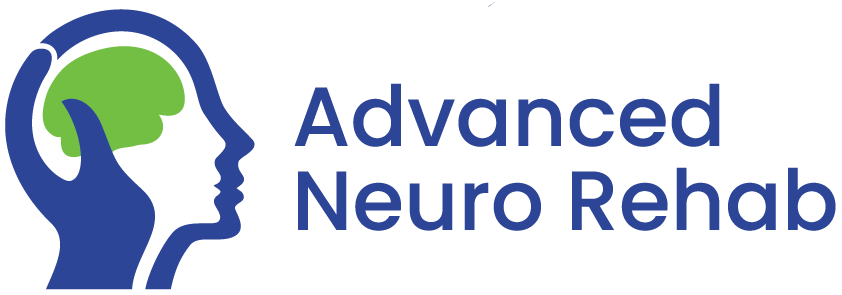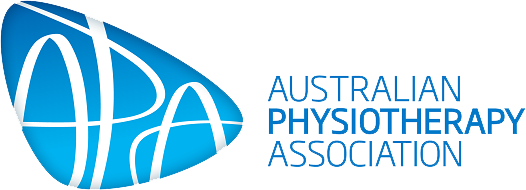
Neurological Physiotherapy
Multiple System Atrophy
Multiple System Atrophy (MSA) is a rare neurodegenerative condition that can cause a combination of symptoms, as a result of its effect on the autonomic nervous system. (The autonomic nervous systems controls involuntary functions such as blood pressure or digestion, and movement.) The symptoms may include problems with movement, balance, speech and co-ordination, as well as bladder dysfunction, poor blood pressure control and sleep disturbances. It was first known as Shy-Drager Syndrome. The cause of MSA is yet unknown. MSA is usually broken down into two main subtypes based on the main symptom present: 1) MSA-P (Parkinson’s type symptoms), and 2) MSA-C (Cerebellar ataxia symptoms), but some may have a combination of these features.
MSA-P:
MSA-P is the most common type of MSA. The most common symptoms are similar to Parkinson’s Disease. These include slowness or difficulty moving, increased falls due to walking problems associated with shuffling of gait, resting tremor and rigidity.
MSA-C:
People with MSA-C present with symptoms that affect the cerebellum which plays an important role in co-ordinating movement. As a result, people with this type have difficulty co-ordinating walking, hand movements, speech and eye movements. They may sometimes look like they are intoxicated when moving, without having had alcohol.
Dysautonomia:
MSA can effect the autonomic nervous system which can lead to problems regulating heart rate, blood pressure, breathing, digestion, and other internal organ functions. For example, one of the most common symptoms of dysautonomia in MSA is orthostatic hypotension, which cause patients to feel dizzy or faint when they sit up or stand up. Loss of bladder or bowel control, constipation, abnormal sweating, difficulty with heat, sexual impotence in men, and sleep disturbances are also a result of autonomic dysfunction.
There are some medications and lifestyle changes that can help manage symptoms in MSA. Physical, speech and occupational therapies are critical to help people with MSA maintain their function for as long as possible, as well as help to prevent falls and other incidents which can hasten disability. A Neurological Physiotherapist who has experience with managing MSA, will perform a detailed assessment of your symptoms and develop an individually-tailored management program that may consist of a combination of progressive fitness, balance, movement and strength training and stretching, as well as provide support and education on how to manage your symptoms. Many people with MSA are at a higher risk of developing serious respiratory conditions such as pneumonia, due to difficulty breathing and swallowing. Encouraging fitness and mobility is important to help prevent these too. For example it is important to monitor your heart rate with some cardiovascular fitness exercises that are used to increase or maintain physical activity levels. It is important to have a proactive and individualised rehabilitation plan set in place, which can assist people maximise their independence. Movement based training can help with day to day tasks such as walking, getting up out of a chair and rolling over in bed. We can show you and your family/carers how to practice these safely at home.






